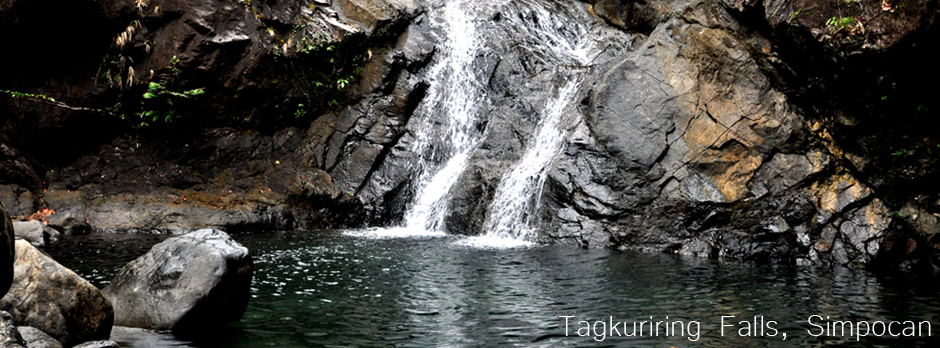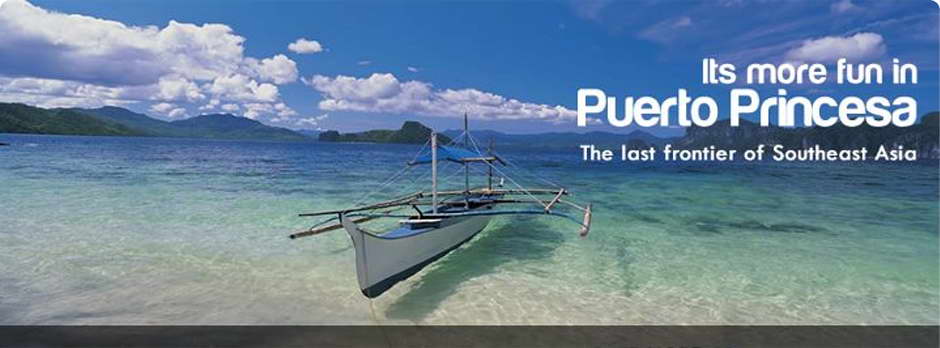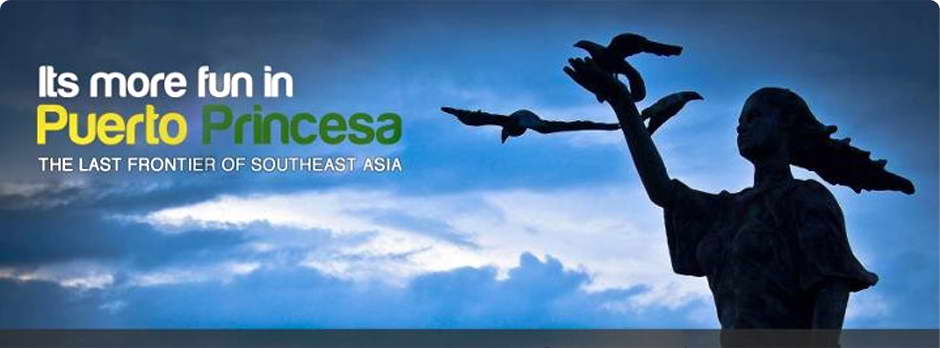CLICK HERE! For Electronic Services and Online Payment

MANILA, April 23 (PNA) -- If Environment Secretary Ramon J. P. Paje had his way, the government should stop selling lands in Baguio City and Boracay Island to stop further degradation of the environment.
“The government could only promote public welfare in land that it owns. Once sold to the private sector, we can not dictate… we can only tell [the buyer] how to mitigate [the impacts of development on the environment],” Paje said.
He cited the case of Camp John Hay, which is owned by the government, and how the DENR had issued a cease and desist order on the cutting of more than 1,000 trees for construction purposes. “We can only implement decisions in government properties,” he stressed.
“In Baguio, the biggest land owner is still the government, so we can still mitigate and make decisions that will promote public welfare,” he reiterated.
In the case of Boracay, Paje stressed that based on a 2006 Supreme Court ruling, “Boracay is still owned by the state, and this will lapse by 2016.” Until then, the government has the opportunity to “correct and plan for a more sustainable development of the island”.
According to him, the cadastral survey of the whole island is now underway and will soon be completed. He also said that the DENR has not issued any environmental compliance certificate for any building or establishment being constructed on the island “until such time Boracay has been planned properly.”
A “25+5 rule” is currently being implemented in Boracay through an ordinance passed by the municipality of Malay, Aklan, which has political jurisdiction over the island. Under the ordinance, structures are not allowed within 25 meters from the mean water mark determined between low and high tides, and within an additional five meters intended for tourist access within the beach area.
In a related development, Paje also said that President Aquino had already issued an order directing the DENR and the justice, interior and tourism departments to study the carrying capacities of Baguio City and Boracay and to look into cases of “over-building” in these areas. He also said the President has directed the inclusion of the police in the implementation of environmental laws whenever necessary.
Carrying capacity refers to how much load an area can take over a given period of time from factors such as population and infrastructure without adversely affecting the environment.
In addition to issues on water pollution, environmentalists have also raised concerns about how the bat population in Boracay has dwindled because of disturbance to their habitats.
The environment chief said the President’s order was to ensure that the issues confronting Baguio and Boracay would not be repeated in other tourism sites in the country. He disclosed that the government had identified 78 such sites and approved by the National Tourism Council. These sites include Panglao Island in Bohol, Coron Island in Palawan, and in the Puerto Princesa Underground River which has been experiencing a dramatic increase in tourist arrivals since its proclamation as one of the New 7 Wonders of Nature.
Paje likened the decision-making situation of the DENR on issues like Baguio and Boracay to “a high-wire act in balancing economic development with environmental protection.”
On a positive note, however, he welcomed the “raised public consciousness” as the industry has become more conscious of the impact of their actions on the ecosystem,” he said. (PNA)
DCT/DENR-PR/mec
Featured Articles |
USAID/SURGE Project |

































